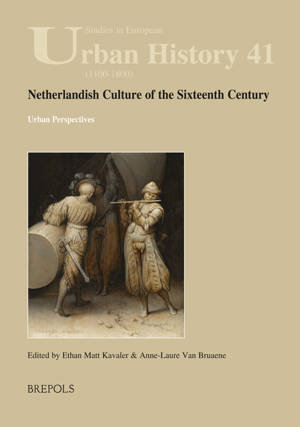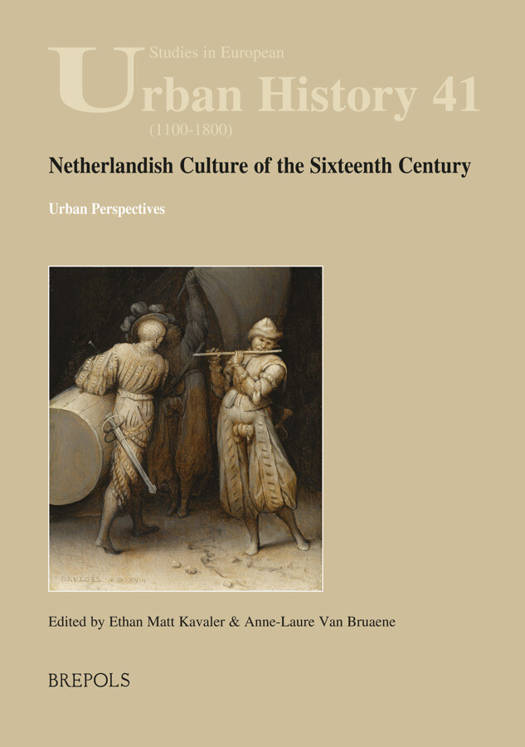
Je cadeautjes zeker op tijd in huis hebben voor de feestdagen? Kom langs in onze winkels en vind het perfecte geschenk!
- Afhalen na 1 uur in een winkel met voorraad
- Gratis thuislevering in België vanaf € 30
- Ruim aanbod met 7 miljoen producten
Je cadeautjes zeker op tijd in huis hebben voor de feestdagen? Kom langs in onze winkels en vind het perfecte geschenk!
- Afhalen na 1 uur in een winkel met voorraad
- Gratis thuislevering in België vanaf € 30
- Ruim aanbod met 7 miljoen producten
Zoeken
€ 116,60
+ 233 punten
Omschrijving
The authors of this volume examine various fields of cultural discourse in the Netherlands of the sixteenth century: the political, commercial, religious, artistic, and sensory domains, and less obviously metaphysical properties like time and space. What defined the Low Countries were not its borders and its territories but its cities, and their economies dominated political relations. A dense network of large cities and small towns developed hand in hand with a broad range of textile and luxury industries. In Antwerp, culture was commerce: its art and printing industries catered to much of the Western world and, at the same time, carved a confident self-image celebrating the liberal arts as a means of social and self-improvement. Antwerp is omnipresent in this book, with essays on its painting, printing, politics, and public festivals. But other cities such as Bruges, Leuven, and Leiden also figure prominently. It was precisely the interconnectedness of urban centers, large, middle and small, rather than their autonomous character, that defined civic culture in the Low Countries. Among the topics treated are differing notions of urban topography, the dialogue between city and court, issues of censorship, and the sensory and psychological response to texts and images.
Specificaties
Betrokkenen
- Auteur(s):
- Uitgeverij:
Inhoud
- Aantal bladzijden:
- 404
- Taal:
- Engels
- Reeks:
- Reeksnummer:
- nr. 41
- Geïllustreerd:
- Ja
Eigenschappen
- Productcode (EAN):
- 9782503575827
- Verschijningsdatum:
- 31/01/2018
- Uitvoering:
- Paperback
- Formaat:
- Trade paperback (VS)
- Afmetingen:
- 180 mm x 251 mm
- Gewicht:
- 1088 g

Alleen bij Standaard Boekhandel
+ 233 punten op je klantenkaart van Standaard Boekhandel
Beoordelingen
We publiceren alleen reviews die voldoen aan de voorwaarden voor reviews. Bekijk onze voorwaarden voor reviews.









